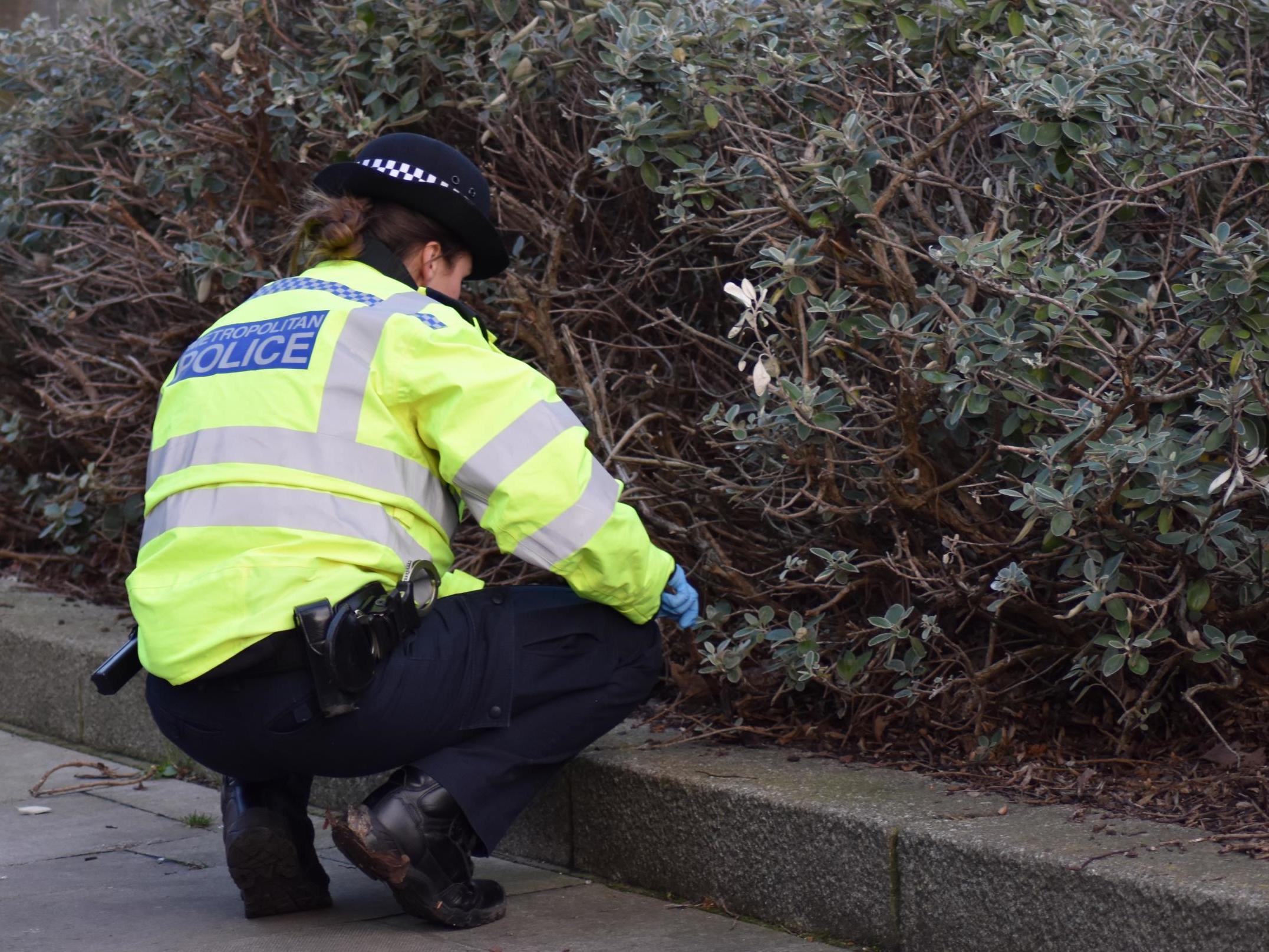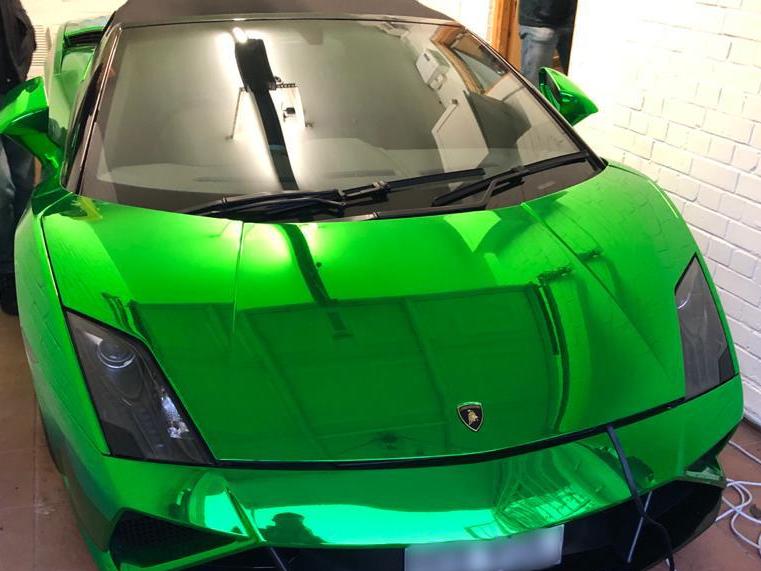'Here’s your chance, take it': Police visit London gang members at home to urge them to change lives during lockdown
Metropolitan Police 'seizing opportunity' to prevent violence returning to pre-coronavirus levels
Police officers will be knocking on the doors of 1,000 violent offenders in London in a bid to convince them to turn their lives around before the coronavirus lockdown ends.
Metropolitan Police commissioner Cressida Dick said officers were “seizing the opportunity” to prevent violence rising back up to previous levels when restrictions lift.
Speaking at a remote press conference on Wednesday, she said the pandemic had made it harder for criminals to operate on the streets.
“It has provided a relief from violent crime for so many people and many criminals are being inhibited in their activities,” she added.
“We are absolutely determined to bear down on violence and prevent an escalation anywhere near back to previous levels.”
Over the past six weeks in London, knife crime and gun crime have halved, gun discharges have fallen by three quarters, stabbings of under-25s by 69 per cent and personal robbery by 39 per cent compared to the same period in 2019.
Scotland Yard is attempting to capitalise on the unprecedented drop in crime to target gangs and seize their weapons and assets.
Police are also trying to prevent a return to pre-coronavirus levels of violence by policing hotspots and convincing known offenders to change their lives.
Officers have identified around 1,000 of London’s most prolific violent offenders and are to visit their homes twice to encourage them to join “diversion activities”.
Assistant Commissioner Nick Ephgrave said: “A lot of society has had to reset and it’s no different for these individuals - here’s an opportunity for them to reset their lives.

“They’re not on the streets as much, potentially re-engaging with family members and we want to make sure we give those individuals an opportunity.”
The senior officer said most violent offenders have been victims themselves, and many may be “feeling a sense of release from a violent and frightening world”.
But Mr Ephgrave stressed that if they continue to commit crime, they will be prosecuted, adding: “The message is very clear - here’s your chance, take it. And if you don’t there will be consequences.”
They’ve probably got a little bit more capacity now — in all this horror they are able to get out there and lock up some bad people
Police will also be conducting unpredictable high-visibility patrols around 250 “micro hotspots” that have been disproportionately affected by street violence and robbery.
Mr Ephgrave said officers aimed to “maintain ownership of areas and not allow the previous levels of criminality to reassert themselves.”
Since 13 March, officers have recovered 444 knives, 322 offensive weapons, 106 firearms and made 2,478 other seizures, including large quantities of drugs.
Machine guns are among the weapons uncovered by officers in a wave of operations against criminal gangs, and numerous vehicles including a Lamborghini have been taken off their hands.
More than 1,200 people have been arrested by specialist violence teams since February, including “high-harm offenders” and fugitives.

More than 620 officers will make up new Violence Suppression Units dedicated to the activities, and 700 extra officers have joined the Metropolitan Police since September as part of a national recruitment drive.
Despite the decreasing number of people on the streets, Dame Cressida said the number of stop and searches had increased and the rate of weapons, drugs or other illegal items being found remained stable.
With officers being redeployed to the streets from other roles, such as airports and schools, she said larger numbers of police had been able to respond more quickly to incidents.
“They’ve probably got a little bit more capacity now,” she added. “In all this horror they are able to get out there and lock up some bad people.”
Dame Cressida said that the lockdown had caused tensions to decrease between some gang members as they have been spending less time on the streets.
But she warned of intelligence that “some tensions are alive and well, and are being played out on social media and the streets”.
The commissioner also acknowledged concerns that the job losses and societal tensions caused by a post-coronavirus recession could worsen some types of crimes.
She added: “We do recognise it is likely that more people might be made homeless, and that there will perhaps be greater disparity in society and people could be feeling very angry about what happened.”
Sadiq Khan, the mayor of London, commended Scotland Yard’s drive against violence but said people should be “under no illusion that the underlying causes have gone away”.
He added: “City Hall data has shown us there is a strong link between serious youth violence and Londoners affected by deprivation, poor mental health and poverty.
“I am deeply concerned that these underlying causes could be made far worse by the current crisis and its economic consequences, which is why I’ve written to the prime minister to ask for urgent action to support young people, youth services and police forces once the lockdown is lifted.”
Bookmark popover
Removed from bookmarks